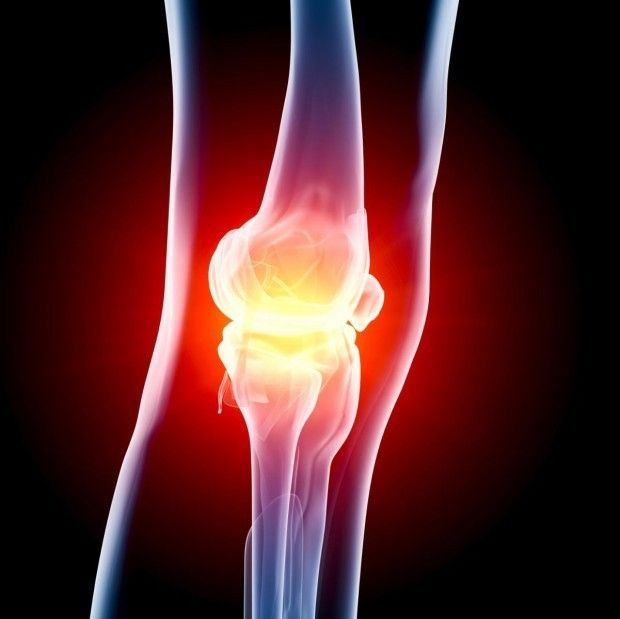Mechanism for Pycnogenol Pine-Bark Extract in Alleviating Osteoarthritis Symptoms Explored in New Study
The recently published peer-reviewed study suggests a mechanism by which these polyphenols may exert their joint-health benefits.
Photo © iStockphoto.com/Raycat

Studies have attributed a host of anti-inflammatory benefits-including osteoarthritis symptom relief-to the complex of phenolic compounds found in Pycnogenol, a natural extract of French maritime pine bark. Now, a recently published peer-reviewed study suggests a mechanism by which these polyphenols may exert their joint-health benefits.
The double-blind study, published in the MDPI journal Nutrients, involved 33 subjects diagnosed with severe osteoarthritis and scheduled for knee arthroplasty. During the three weeks preceding their scheduled surgeries, participants supplemented daily with 200 mg of Pycnogenol (distributed in North America by Hoboken, NJ-based Horphag Research Inc.); during surgery, they underwent collection of synovial fluid samples for the purposes of detecting and measuring the presence of the extract’s polyphenols.
Results detected distribution of the polyphenols taxifolin, ferulic acid and catechin-all present in the pine bark extract-throughout the synovial fluid in the experimental group, whereas taxifolin and ferulic acid were not detected in serum samples of the control group. Noted natural health physician Fred Pescatore, PhD, “This is the first evidence that polyphenols distribute into the synovial fluid of patients with osteoarthritis. That supports rationalizing the results of previous clinical efficacy studies that show reduced inflammation and improved comfort by supplementing with Pycnogenol.”
Indeed, these findings strengthen earlier research supporting the extract’s joint-health benefits and demonstrate distribution of its polyphenols to the joints. Research published in 2008 the Journal of Phytotherpy Research indicated that daily supplementation with the extract reduces overall knee osteoarthritis symptoms by 20.9 percent, as well. The extract appears to stimulate new production of hyaluronic acid and collagen in joints naturally, improving joint comfort.
“Polyphenols are powerful antioxidants that have been associated with numerous benefits for human health,” said Pescatore. “This is good news for patients suffering from osteoarthritis-and all of the patients in this study were preparing for knee arthroplasty.”
According to the CDC, osteoarthritis is the most common joint disorder in the U.S., affecting more than 30 million Americans. A chronic degenerative joint disease, osteoarthritis can significantly limit joint mobility and cause discomfort; in severe cases, it may even warrant invasive surgeries such as knee arthroplasty, or total knee replacement.










